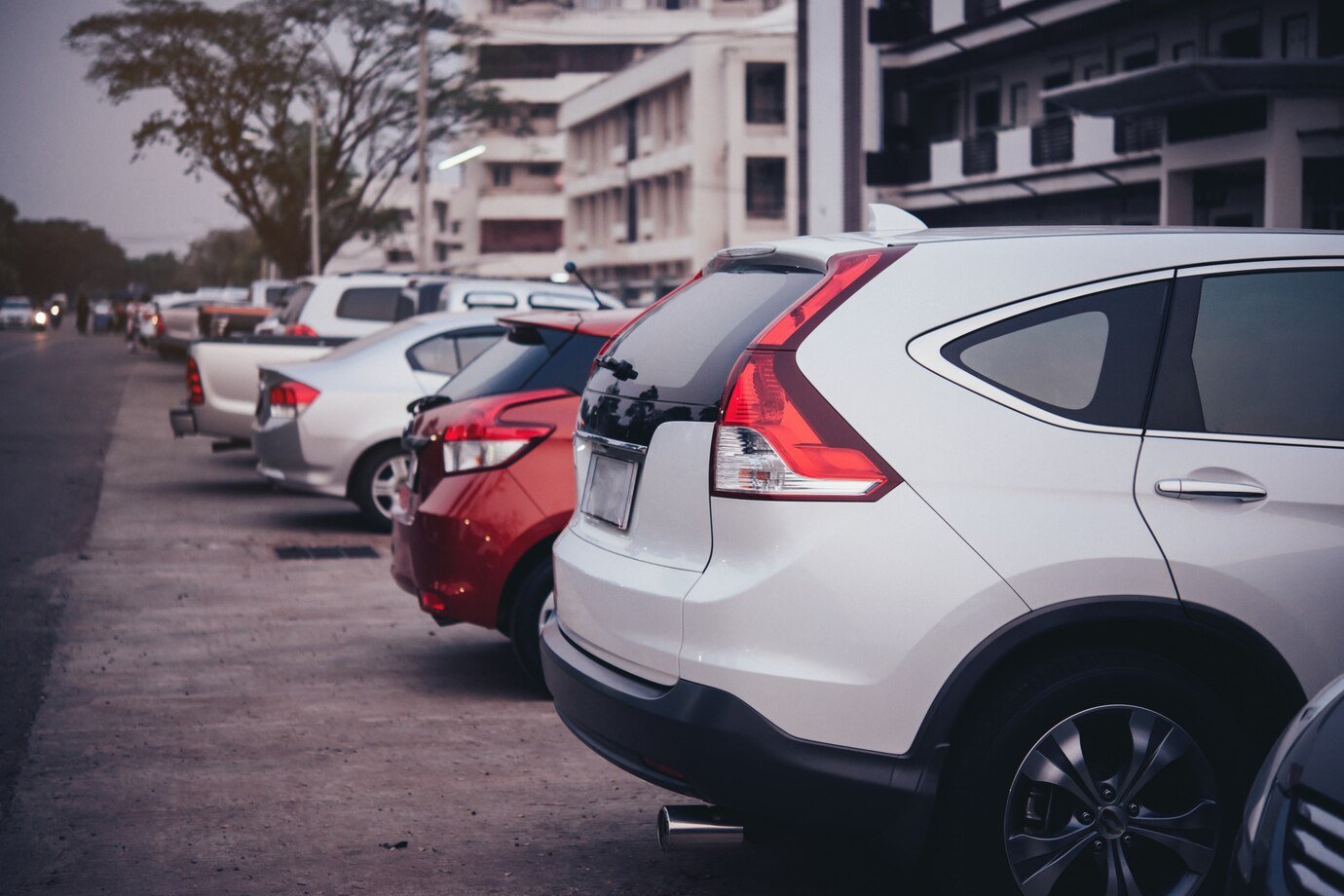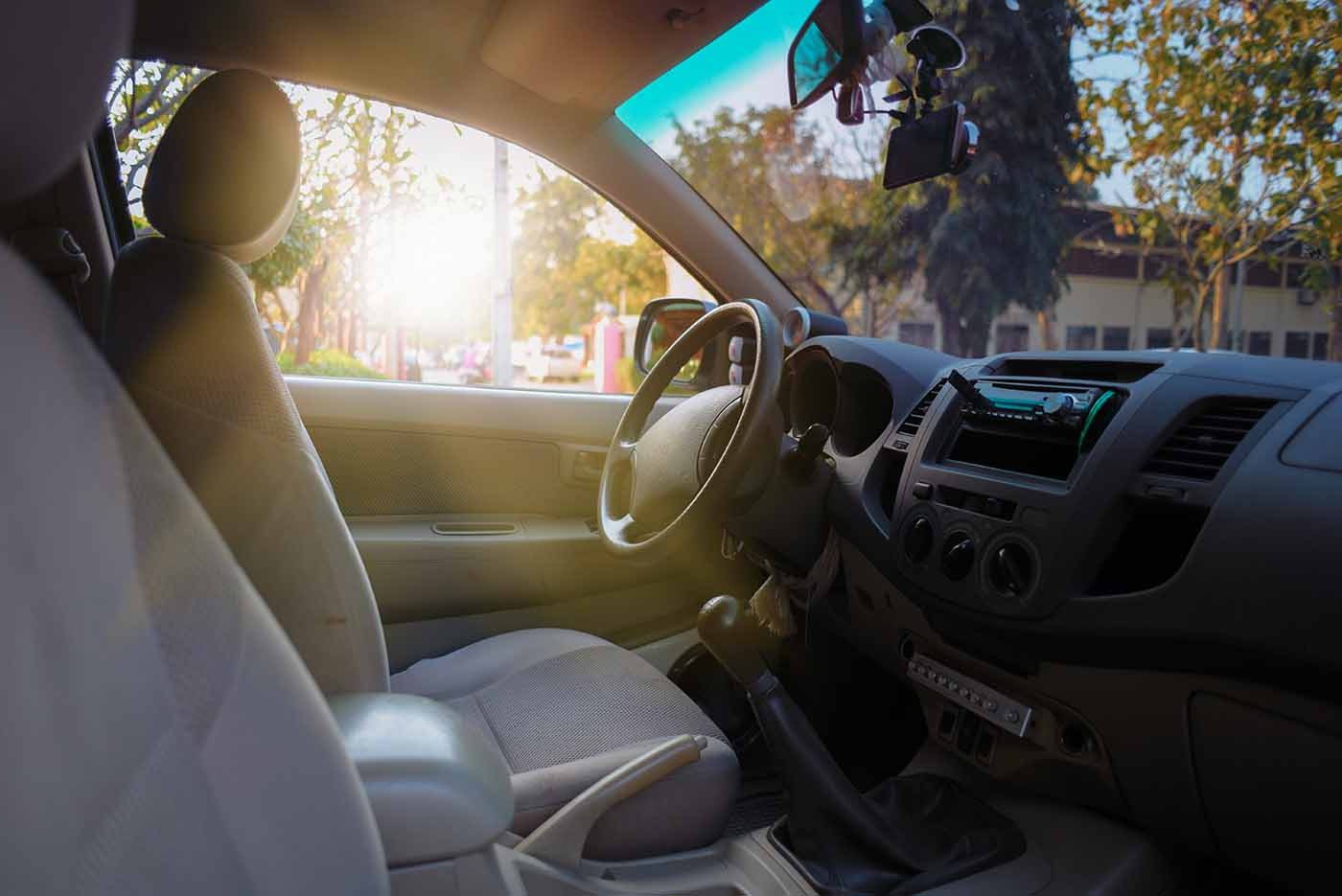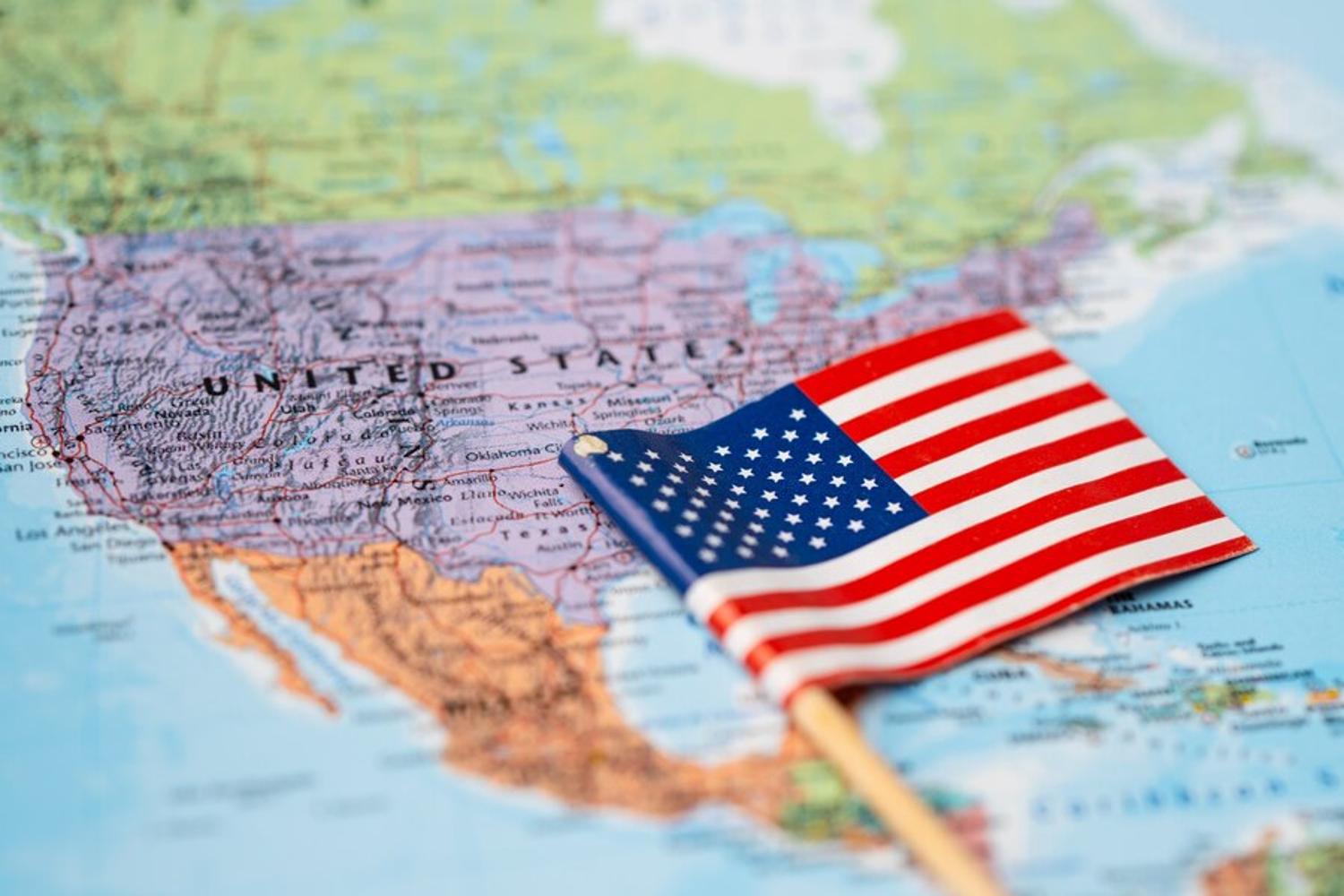California Passes New Requirements on Carmakers to Protect Domestic Violence Victims
California lawmakers have recently approved a historic piece of legislation aimed at increasing protections for domestic abuse survivors. The bill specifically targets vehicles equipped with internet-connected technology, requiring automakers to implement enhanced safety measures.
This initiative, considered a first in the United States, is a direct response to growing concerns about how certain vehicle features, such as location tracking and remote control access, are being misused by abusers.
Addressing Stalking and Harassment Through Technology
The central focus of the bill is to curb the misuse of advanced vehicle technology for stalking and harassment purposes. As internet-connected features in cars become more prevalent, so too have incidents of these tools being weaponized by abusers.

Source: Jcomp/Freepik
Automakers, including major companies like Tesla, have participated in negotiations with lawmakers and Governor Gavin Newsom’s staff regarding the bill’s provisions. Newsom has until September 30 to decide whether to sign the bill into law.
Rising Misuse of Vehicle Connectivity Features
With the increasing sophistication of modern vehicles, cases of abusers using connectivity features to track and control their victims have become more frequent. These features, designed to enhance convenience and safety, are now being exploited in ways that endanger domestic abuse survivors.

Source: Freepik
State Senator Dave Min, one of the bill’s main sponsors, has stressed the urgent need for new legal protections to keep pace with these emerging technological threats.
Legislative Support Driven by Survivor Testimonies
The bill received strong backing in California’s legislature, passing with overwhelming support. Its creation was influenced by stories from domestic abuse survivors who have struggled to escape the control of their abusers, particularly through the misuse of vehicle technology.

Source: Freepik
Several high-profile cases have highlighted the dangers of this issue, including one instance where a woman sued Tesla after her husband used vehicle tracking to harass her, but the lawsuit was unsuccessful.
Lack of Support from Automakers
Reports from survivors, as well as investigations by outlets like Reuters and The New York Times, reveal a troubling pattern of automakers failing to properly assist individuals facing this type of harassment.

Source: Maurizio Pesce/Wikipedia Commons
Legislative analysts cited these reports, which showed that car manufacturers often did not provide adequate help, even when victims had restraining orders in place. This underscores the urgent need for stricter regulations to protect vulnerable individuals.
Streamlined Process for Disabling Abusers' Access
One of the bill’s key provisions requires automakers to establish a straightforward process for survivors to regain control over their vehicle’s technology. This includes allowing drivers to submit legal documents, such as restraining orders, and request the termination of an abuser’s remote access to their vehicle.

Source: Freepik
Automakers would be required to act on these requests within two business days, ensuring survivors have a fast and reliable way to secure their safety.
Empowering Survivors Through Privacy Controls
In addition to restricting abusers’ access to vehicles, the bill mandates that automakers provide an easy way for drivers to disable location tracking from within the vehicle. This feature is designed to give survivors immediate control over their privacy, allowing them to safeguard their whereabouts and prevent their abusers from tracking them through the car’s GPS system.

Source: @ACHI_Net/X
This aspect of the legislation is seen as a crucial step toward ensuring the personal safety of domestic abuse survivors.
A New Weapon in the Fight Against Domestic Abuse
This legislative action represents a significant step forward in addressing the ways modern car technology can be weaponized against vulnerable individuals. By enacting stricter regulations on how automakers manage connectivity features, California lawmakers aim to provide better protection for those at risk.

Source: Austin Ramsey/Unsplash
Although Tesla has been involved in discussions around the bill, the company has neither publicly endorsed nor opposed the legislation.
Governor Newsom’s Pending Decision
With the bill now on his desk, Governor Gavin Newsom has stated that his office will evaluate it based on its merits. Newsom has until September 30 to either sign the bill into law or veto it.

Source: @ABC7 News/YouTube
His decision will likely set the tone for how automakers and lawmakers across the country approach the intersection of technology and personal safety in vehicles.
A Potential National Precedent
If Governor Newsom signs the bill, it could serve as a model for other states to adopt similar protections for domestic abuse survivors.

Source: Freepik
The widespread use of internet-connected vehicles means that this issue is not limited to California. Other states may soon look to this legislation as a blueprint for how to protect vulnerable populations from the misuse of vehicle technology.
Growing Recognition of Technological Threats
The passage of this bill reflects a growing recognition of the dangers posed by internet-connected vehicles when used by abusers. As cars become more embedded in our digital lives, lawmakers and automakers alike must grapple with the unintended consequences of these advancements.

Source: Erik McLean/Unsplash
By addressing these issues proactively, California is leading the charge in making sure that technological progress doesn’t come at the expense of public safety.
Ensuring a Safer Future for Survivors
If this bill becomes law, it will mark a significant victory for domestic abuse survivors in California and potentially across the nation.

Source: Erik McLean/Unsplash
By providing clear protections and pathways for survivors to regain control over their privacy and safety, the legislation is a critical step toward addressing the evolving challenges posed by technology in vehicles.
